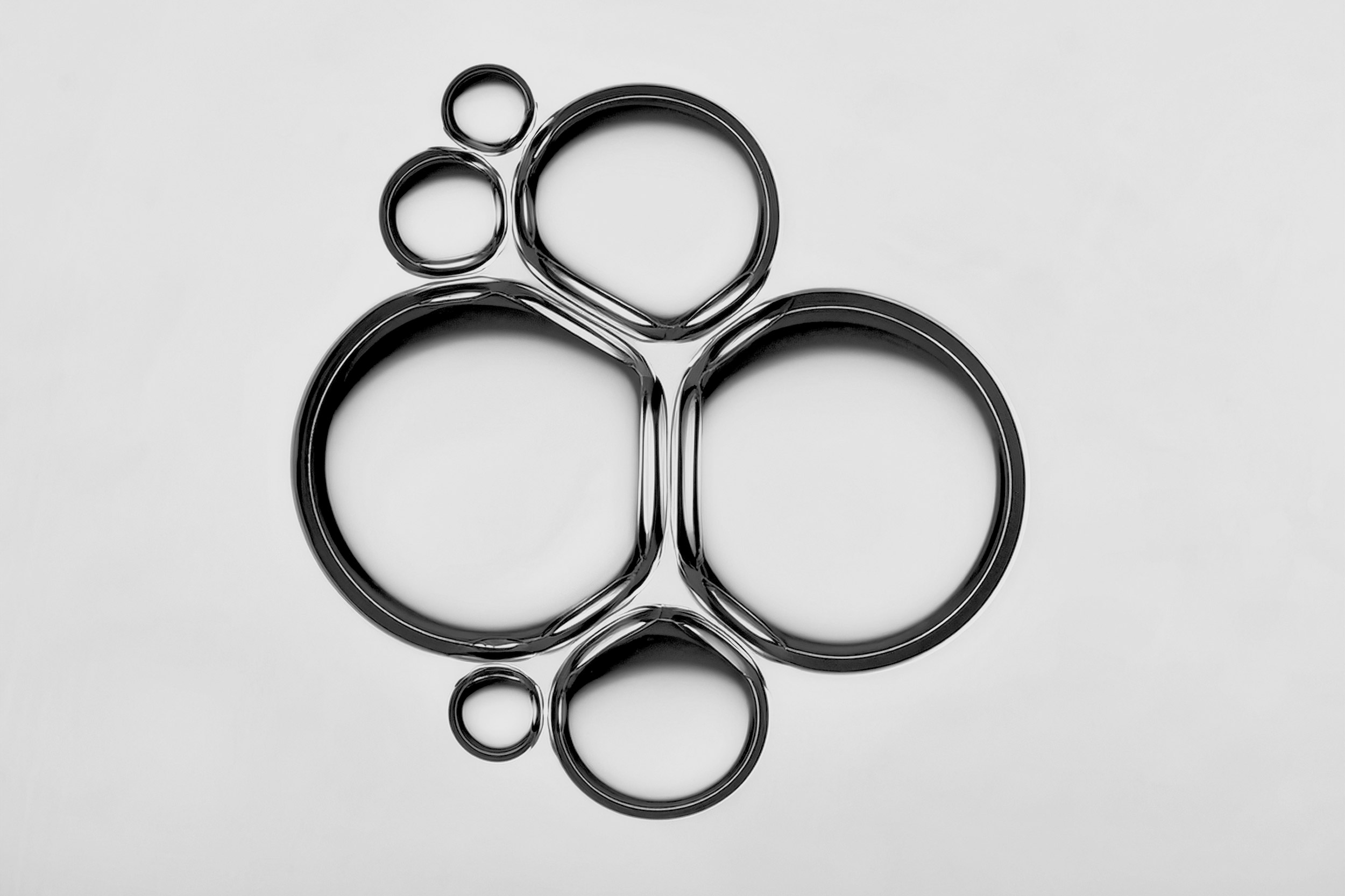
The use of alcohol in cosmetics has been a topic of extensive debate. While some argue that alcohol can dry out the skin, others believe it enhances product performance and is quite acceptable for the skin. This article explores the scientific basis of these opinions, focusing on the different types of alcohols used in skincare and their impact on skin health.
ALCOHOL'S IMPACT ON THE SKIN: HOW DOES ALCOHOL AFFECT SKIN HEALTH?
DIFFERENT TYPES OF ALCOHOLS IN SKINCARE
1. Ethanol and Alcohol Denat:
Simple alcohol known for their antibacterial properties and quick-drying effects, these are common in toners. Despite concerns about dryness, recent studies indicate ethanol may be less irritating with frequent use compared to other alcohols [1].
2. Fatty Alcohols:
Such as Stearyl Alcohol and Cetyl Alcohol, these act as emollients, helping to soften and smoothen the skin. They are less likely to cause dryness and are found in moisturizers, making them a common ingredient in many familiar creams.
3. Specialty Alcohols:
Benzyl Alcohol and Isopropyl Alcohol serve as preservatives and antiseptics. While they can be drying, typically their inclusion in small amounts (<2%) does not significantly impact skin hydration.
THE DRYING EFFECT OF ALCOHOL IN COSMETICS
One common concern is that alcohol can strip the skin of its natural oils, causing dryness and irritation. Ethanol, often listed as "Alcohol" or "Alcohol Denat" on labels, is known for its astringent properties. Research has shown that ethanol-based products can disrupt the skin's barrier, leading to dehydration [2]. Increased trans epidermal water loss (TEWL) has been observed following ethanol application due to the extraction of lipids - ethanol modified the short periodicity phase of stratum corneum (SC) lipids and also changes to keratin structure. While alcohol-based cosmetics might seem appealing for oily and acne-prone skin due to their immediate matte finish, they can damage the skin barrier, leading to increased oil production [3,4]. Studies show that the initial degreasing effect of alcohols like ethanol, denatured alcohol, and isopropyl alcohol is eventually counteracted, resulting in even oilier skin.
DIFFERENCES IN SKIN IRRITATION FROM VARIOUS ALCOHOLS
Different alcohols vary in their potential to irritate the skin. Ethanol exhibited the mildest impact on keratinocytes, while isopropanol caused the most significant changes. The order of intolerance was ranked as n-propanol > isopropanol > ethanol, with isopropanol producing more redness and significantly affecting trans epidermal water loss (TEWL) and skin capacitance [1].
THE ROLE OF ALCOHOL IN RINSE-OFF VS. LEAVE-ON PRODUCTS
The type of product plays a crucial role in determining alcohol's impact. Alcohol in rinse-off products, like cleansers, poses less risk of dryness. Leave-on products, like toners, where alcohol remains on the skin longer, are more likely to cause irritation and dryness. A study recommended limiting high concentrations of simple alcohols to rinse-off products [5].
IT'S NOT AS BAD AS IT SEEMS
Hand sanitisers are the major exception for the segment, alcohol serves the key function to their properties. During the COVID-19 pandemic, studies revealed that alcohol-based disinfectants caused minimal irritation, comparable to water and detergent [6]. In contrast, SLS (Sodium Lauryl Sulfate) caused stronger barrier disruption, erythema, and dryness. This suggests that ethanol could be more skin-friendly option compared to other aggressive ingredients.
IMPACT ON SKIN MICROBIOTA
Cosmetic products may significantly influence the natural microbiota of the skin. Alcohol is no exception. Research of the impact on the common Malassezia species, associated with seborrheic dermatitis, showed that simple alcohols are inert towards its growth. In contrast, substances like free acids and free acid esters can markedly increase its growth rate [7].
CONCLUSION
Alcohol in skincare is a nuanced topic. Simple alcohols like ethanol can dry out the skin. This is especially concerning when alcohol is a primary ingredient in a cosmetic leave-on product, so it is better to avoid such products. Fatty alcohols provide moisturizing benefits and are suitable for various formulations. Understanding different alcohols can help consumers make informed choices for healthier skin. Finally, it's worth noting the irony in our love of perfumes, which often contain high levels of ethanol (up to 80%), and the harm of drinking alcohol for our skin, but that's a completely different story.
REFERENCES
1.Cartner, T., Brand, N., Tian, K., Saud, A., Carr, T., Stapleton, P., Lane, M.E. and Rawlings, A.V. (2017), Effect of different alcohols on stratum corneum kallikrein 5 and phospholipase A2 together with epidermal keratinocytes and skin irritation. Int J Cosmet Sci, 39: 188-196. https://doi.org/10.1111/ics.12364
2.Lachenmeier DW. Safety evaluation of topical applications of ethanol on the skin and inside the oral cavity. J Occup Med Toxicol. 2008 Nov 13;3:26. doi: 10.1186/1745-6673-3-26
3.Clayton, R.W., Langan, E.A., Ansell, D.M., de Vos, I.J.H.M., Göbel, K., Schneider, M.R., Picardo, M., Lim, X., van Steensel, M.A.M. and Paus, R. (2020), Neuroendocrinology and neurobiology of sebaceous glands. Biol Rev, 95: 592-624. https://doi.org/10.1111/brv.12579
4.Horita D, Hatta I, Yoshimoto M, Kitao Y, Todo H, Sugibayashi K. Molecular mechanisms of action of different concentrations of ethanol in water on ordered structures of intercellular lipids and soft keratin in the stratum corneum. Biochim Biophys Acta. 2015 May;1848(5):1196-202. doi: 10.1016/j.bbamem.2015.02.008
5.Panico A, Serio F, Bagordo F, Grassi T, Idolo A, DE Giorgi M, Guido M, Congedo M, DE Donno A. Skin safety and health prevention: an overview of chemicals in cosmetic products. J Prev Med Hyg. 2019 Mar 29;60(1):E50-E57. doi: 10.15167/2421-4248/jpmh2019.60.1.1080.
6.Slotosch, C.M., Kampf, G. and Löffler, H. (2007), Effects of disinfectants and detergents on skin irritation. Contact Dermatitis, 57: 235-241. https://doi.org/10.1111/j.1600-0536.2007.01200.x
7.Dobler, D.; Schmidts, T.; Wildenhain, S.; Seewald, I.; Merzhäuser, M.; Runkel, F. Impact of Selected Cosmetic Ingredients on Common Microorganisms of Healthy Human Skin. Cosmetics 2019, 6, 45. https://doi.org/10.3390/cosmetics6030045